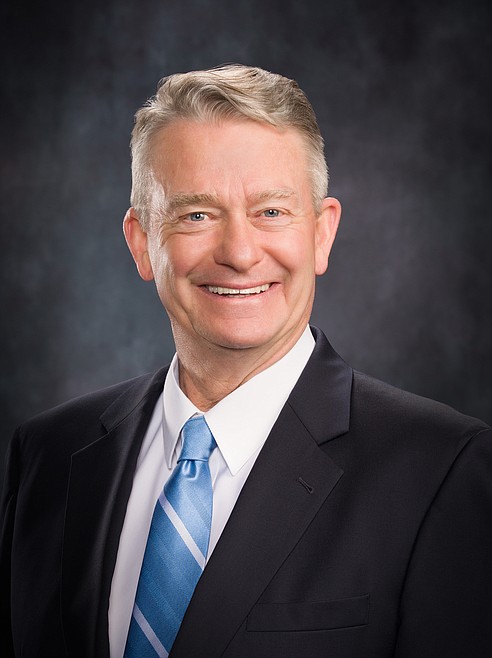Up next: Stage three reopening
Gov. Brad Little is expected to announce Thursday that Idaho will take another step forward toward returning to a post-coronavirus normal by entering stage three of his Rebound Idaho plan....
Become a Subscriber!
You have read all of your free articles this month. Select a plan below to start your subscription today.
Already a subscriber? Login



